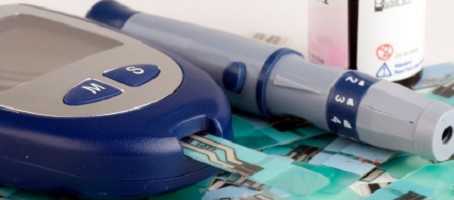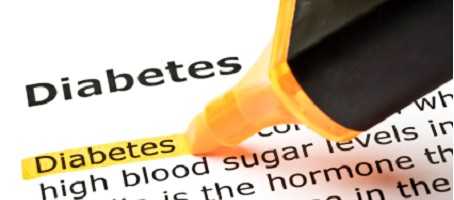Scientists have identified an anti-inflammatory protein which could help stop type 1 diabetes in its tracks early on.
The landmark findings of a new clinical study, conducted by researchers in Israel and the U.S. show that the early stages of type 1 diabetes can be effectively treated with Alpha1-Antitrypsin (AAT), an anti-inflammatory protein that is produced by the body when we’re sick.
For the study, immunology researcher Eli Lewis of Ben-Gurion University of the Negev explained that “while looking for drugs to cure diabetes, we sought a different path from available and experimental treatments – one that tackled the problem, not merely the symptom of dangerously high glucose levels”.
Lewis and his team used AAT (a protein that protects tissue from inflammatory damage when we’re sick) to treat patients recently diagnosed with type 1 diabetes, when the disease is at its “most dynamic state” and still progressing.
In these early stages, not all of the body’s islet cells (clusters of pancreatic cells that include the insulin-producing beta cells) have been destroyed by the immune system, and so the aim of the treatment was to combat inflammation while protecting the remaining islets from autoimmune response/attack.
Following the 8-12 week AAT regimen, some of the study participants were able to come off insulin injections for more than two years, with no adverse effects, Lewis said, adding that even non-responders (those who had to remain on insulin injections post AAT therapy) benefited from this novel therapy.
But he stressed that access to AAT is limited as it is yet to be formally indicated for the treatment of diabetes. In the U.S. it is currently only available with a prescription from a physician, with FDA regulatory approval not expected until 2016 at the earliest.
Lewis continued: “Five years ago, it was hard to persuade doctors to prescribe it for this indication. Today, it’s hard to keep them from doing so, both because families of kids with recently diagnosed diabetes are desperate, and because treatment with AAT produces no side effects. The worst that can happen is that a child goes back to injecting insulin, no harm done.
“Renowned endocrinologists who, at first, were sceptical are now mind-blown.”
Lewis and his colleagues are now recruiting for extension trials and plan to examine similar possibilities for the treatment of other autoimmune conditions, such as multiple sclerosis and Crohn’s disease, using AAT.
What's new on the forum? ⭐️
Get our free newsletters
Stay up to date with the latest news, research and breakthroughs.





